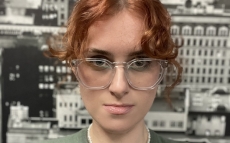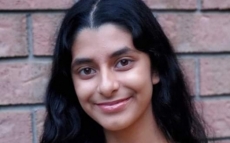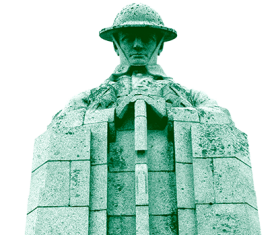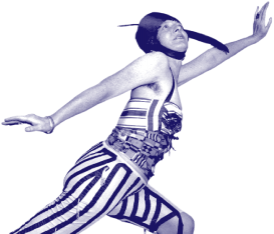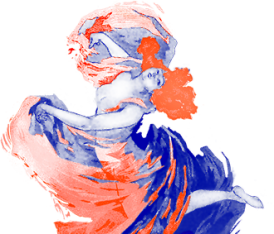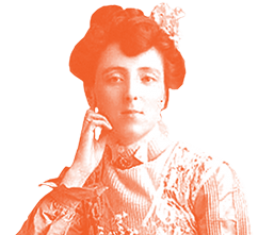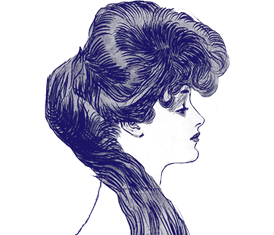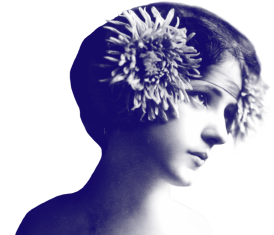HomeNews & Events2008October Dublin day 1
Date: October 14-17, 2008, Dublin, Ireland BY: Dr. Irene Gammel
On a rainy day we land in Dublin, a city with a distinct old-world feeling in its architecture but surprising cosmopolitan flair. The signage is in Gaelic (they prefer we say “Irish”) and English but it is the general lack of signage combined with driving on the left (wrong!) side of the street that present a challenge as we enter the city by car. Everywhere we go we meet people with messianic energy in sharing their stories. No wonder this is a country of literati such as Wilde, Joyce, Beckett, or Toibin.
We stop to ask for directions at a pub and warm ourselves near a fireplace, and as we inspect the turf that’s used to keep the cozy fire going, another patron—a man in his fifties with lively blue eyes, a shock of grey hair, and no teeth—proceeds to enlighten us with an in-depth account of how the turf is harvested. Similarly, as we sit in the hotel lobby, a man in his forties involves us in an in-depth account of how Irish religion blends pagan and druidic elements into its Catholicism. We are in the city of James Joyce, where we see quotations of Ulysses inscribed at the O’Connell Bridge, which spans the River Liffey.
At lunch we eat fish and chips at the O’Donahue pub off Grafton Street, sitting underneath a wooden cupola window that looks the same as when Joyce walked the streets of Dublin. During the days, I research Joyce for a project related to the Baroness Elsa; during the evenings, I re-read Ulysses, which is like a guide into the inner world of old Dublin: “Hold to the now, the here, through which all future plunges to the past.”
At Trinity College, Jean-Paul engages with faculty and students at an exhibit hosted by the Psychology and Bio-Engineering departments at a nearby gallery. The spaces resemble the famed Harvard Square in Cambridge, Massachusetts.
Click here to view photographs of Dublin and research in action.




